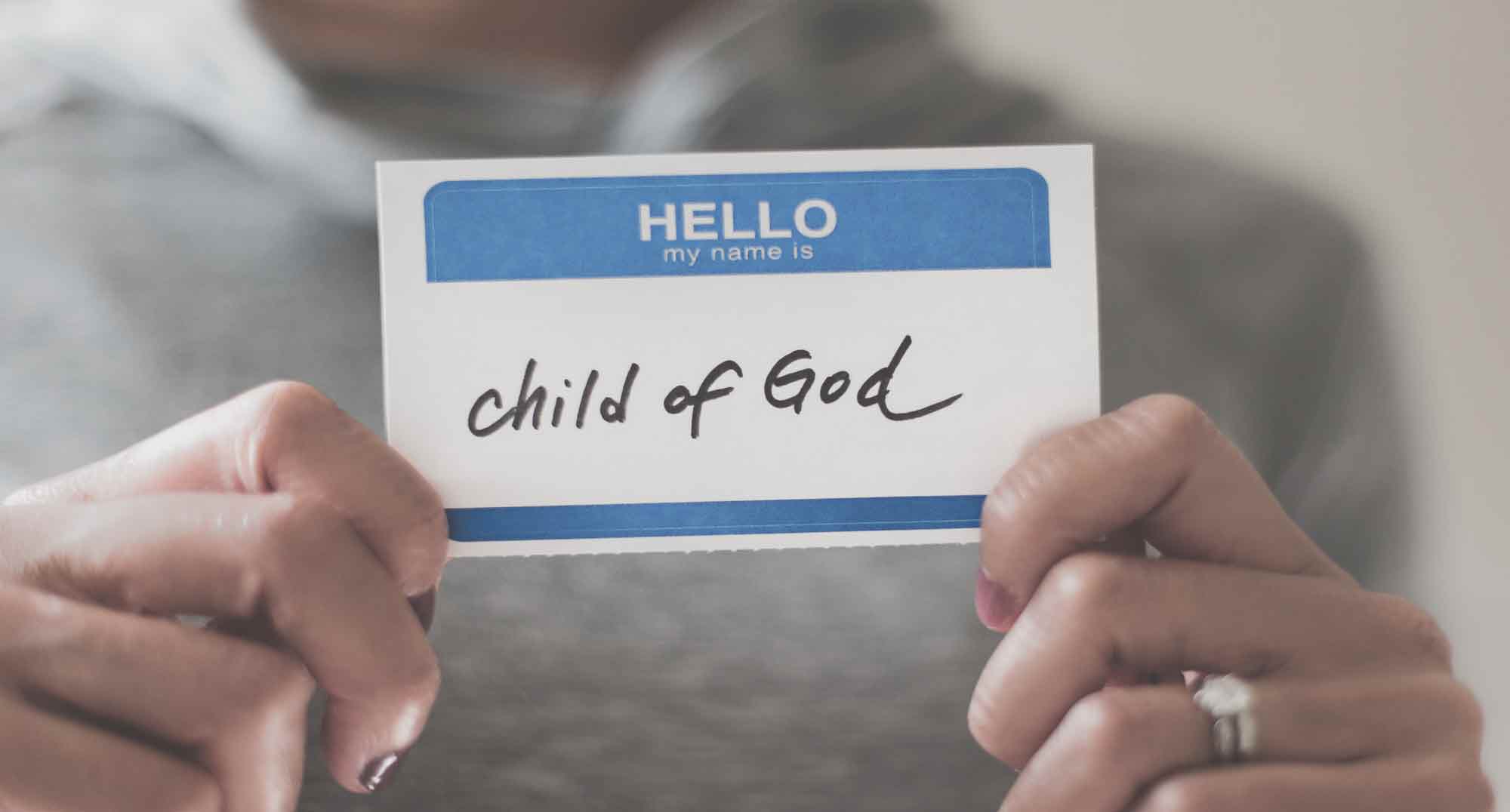Consider Your Sonship
SUE HARRIS|CONTRIBUTOR A friend of mine married a guy named Jerome who was raised in Switzerland but had lived a few years in Thailand as a missionary. It was always fascinating to talk with him about church, missions, and his cross-cultural experiences. Often, we don’t realize that our normal isn’t normal until someone from the outside is able to gently speak into what we say and do. One day, Jerome and I sat down for a chat after church. I asked him, “Jerome, now that you live in the US, what stands out to you as different in our churches compared to yours in Switzerland or even in Thailand?” He reclined in his chair and patiently responded. I could tell that he was working to be both frank and kind. He was slow to speak when I reminded him that I asked him because I wanted an honest answer. “Well, I have noticed something. It seems that many churches in America I’ve attended sing and preach significantly about our sin, which is appropriate and true: we are sinners and totally depraved, in desperate need of a Savior. But we’re also sons of God, adopted by the Father and there’s great power in that.” Jerome stated something so simple and, I think, so fascinating: For those of us who are in Christ…we are sons of God. There’s great power in that declaration. I spend a lot more time contemplating my depravity than I do my sonship. I spend a lot more time contemplating my sanctification than my sonship. I spend a lot more time contemplating that I am the bride of Christ than my sonship. All of these truths deserve my contemplation, but it seems more difficult for me to consider my sonship...










